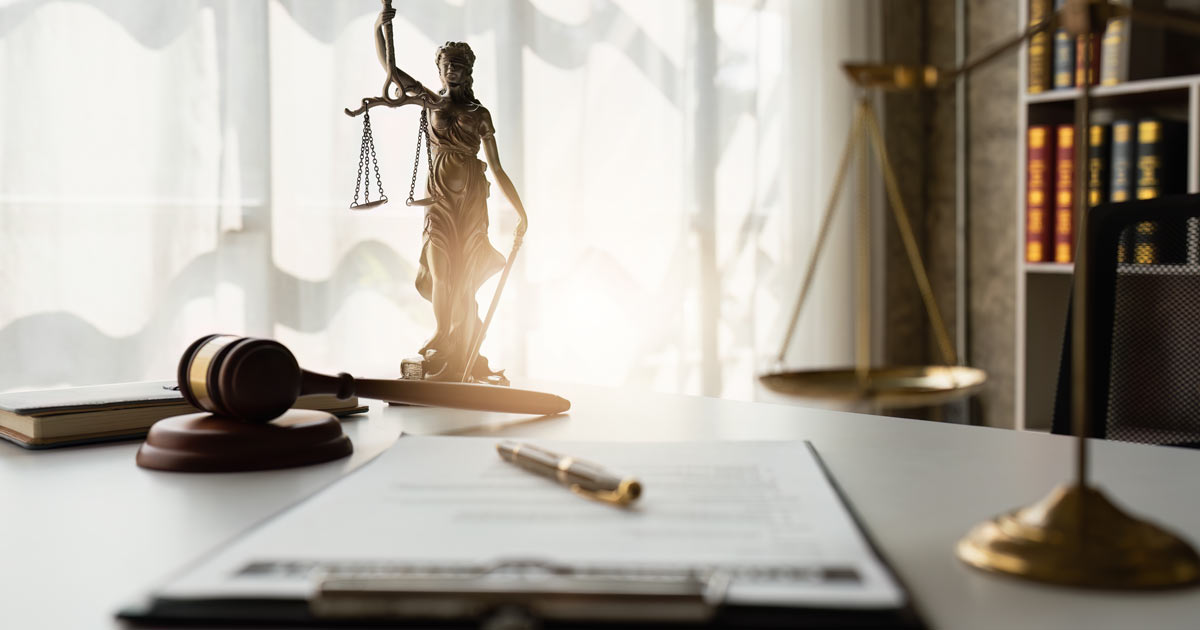The Pre-judgment Interest Amendment Remains a Hotly Contested Issue Nearly a Year After It Passed.
In 2021, the Illinois Legislature passed a law permitting a statutory 6% interest rate on bodily injury lawsuits. As the amendment was being debated in the Legislature, the text of the proposed bill was hotly debated between members of the plaintiffs’ and defendants’ bar and at least one Cook County Court has already found that the law violates the Illinois Constitution.
Initial versions of the amendment allowed pre-judgment interest to accrue on a plaintiff’s bodily injury claim from the date of the injury. Of course, plaintiffs’ and defendants’ attorneys expressed two diametrically opposed positions on the amendment. Plaintiffs’ attorneys argued that the amendment was necessary to compensate an injured plaintiff and to incentivize early resolution of the case, as well as encourage defendants to proceed swiftly through discovery to trial. Conversely, defendants’ attorneys argued that pre-judgment interest was a tax on a defendant’s constitutional right to have a jury determine the damages for a personal injury claim if a jury found for the plaintiff. The defense bar also argued that the amendment penalized defendants unnecessarily because a plaintiff could wait until the statute of limitations nearly expired (2 years) before filing his or her personal injury claim. Thus, the plaintiff could accrue nearly two years of interest without the defendant having recourse (except to settle without the ability to fully investigate plaintiff’s claim).
The Illinois legislature took notice of both sides’ arguments and modified the statute before passing it. Accordingly, as of July 1, 2021, pre-judgment interest on bodily injury claims begin to accrue at a rate of 6% annually “on all damages, except punitive damages, sanctions, statutory attorney’s fees, and statutory costs” on the date the lawsuit is filed. Additionally, the Illinois legislature took into consideration the impact of settlement discussions between the parties. The amendment reflects that if the judgment is greater than the amount of the defendant’s highest written settlement offer, then the plaintiff is entitled to pre-judgment interest on the difference between the judgment and the last settlement offer. Conversely, if plaintiff’s judgment is less than the settlement offer, then plaintiff is not entitled to pre-judgment interest on any portion of the award. While the amendment attempts to strike a balance between the concerns raised by the plaintiff and defense bar, it was only a matter of time before the amendment was challenged in court.
Recently, in a personal injury case brought in the Circuit Court of Cook County, Judge Marcia Maras ruled that the amendment violates the Illinois Constitution. Specifically, Judge Maras held that the amendment arbitrarily penalized a defendant regardless of whether he contributed to the delay in the litigation. Judge Maras also recognized that the amendment allowed the plaintiff to receive all of the benefits of pre-judgment interest without incurring any detriment if the plaintiff failed to diligently prosecute his or her case. Additionally, Judge Maras held that the amendment violates the defendant’s fundamental right to a jury trial.
It is expected that Judge Maras’ ruling will be appealed, likely all the way to the Illinois Supreme Court. In the interim, defendants should not take Judge Maras’ ruling as gospel because it is not binding on other trial courts.
If you have questions regarding the impact of these claims on your business, or whether your business has the appropriate insurance coverage in place, please contact Roenan Patt at (312) 368-0100.



